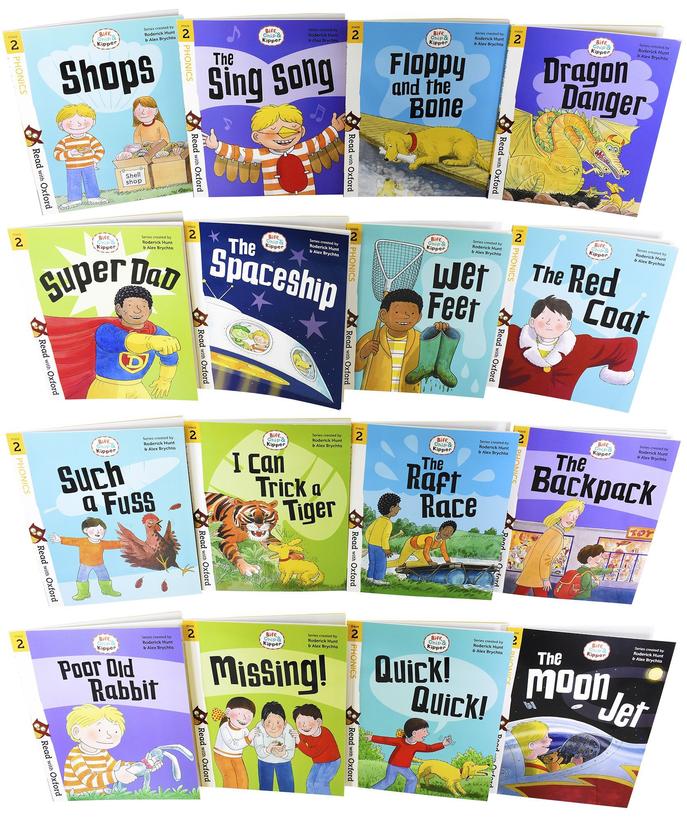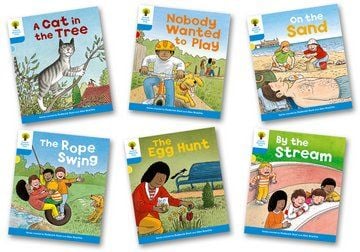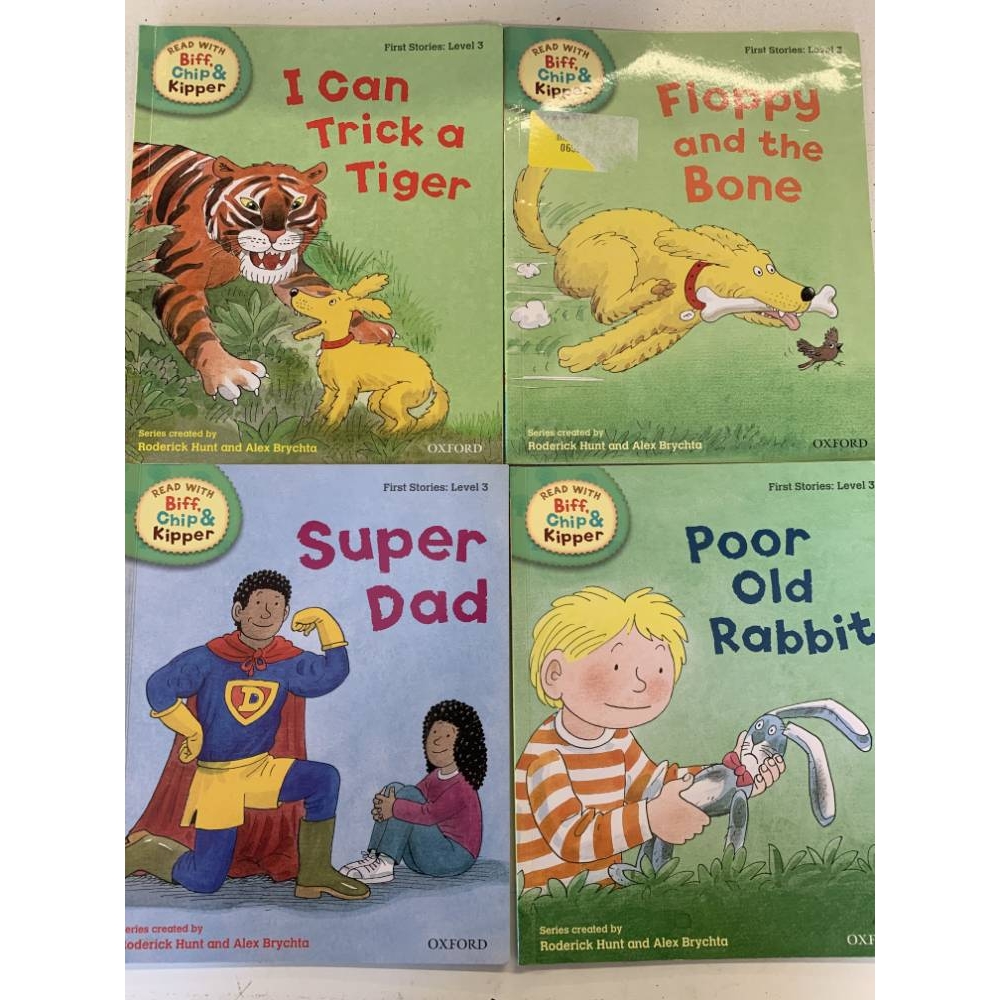

They said that the language was used towards the story's baddies and wasn't reflective of the fictional children's attitude towards anyone else in the land. Mixed reaction: Critics called out the book's portrayal of Muslim characters online while others said the context of the story was important and said the children were just 'being careful'Ĭritics accused social media users of overreacting and 'jumping to conclusions'. 'We also continuously listen to feedback from our customers, and we take our responsibility to learn and improve very seriously.' 'At OUP, we regularly review and make changes to our list of titles to ensure they are up-to-date, diverse, inclusive, and reflective of the world we live in, and we take steps to remove any products that are no longer appropriate from our collection. 'OUP destroyed its own remaining stock of the book, although a small number of copies may still remain in the supply chain some older titles may still be available in libraries, or as second-hand copies. 'The book was then taken out of print completely in March this year, following an independent review, and is no longer available to purchase. They said in a statement: 'The title in question - The Blue Eye - was originally published in 2001 and amended in 2012 the last sentence of text on the page in question was changed to read: "It would be easy to lose each other in such a crowded place". In another scene, the protagonists find themselves in a narrow backstreet after being dragged through a magic portal, before a man in a turban and combat trousers is illustrated kicking open a wooden door - which Wilf says is 'scary'.Ĭritics argued that Prince Aisha (centre) was portrayed as less Middle Eastern than othersĪ spokesperson for Oxford University Press confirmed the tale was no longer in print.

The child characters suggest some of the shoppers seem 'unfriendly'. In one market scene, men wear white flowing robes and white turbans with dark glasses and facial hair, while a woman can be seen strolling through the stalls dressed in what appears to be a niqab - a veil covering the face from below the eyes - and a headscarf. The book - published in 2001 - was pulled last month by publishers Oxford University Press (OUP) with the firm saying their own few remaining copies had been destroyed. Readers took issue with the setting being described as 'scary,' and the group of antagonists 'unfriendly' and 'dangerous', sharing pictures of the offending pages to Facebook and Twitter.
BIFF CHIP KIPPER SERIES
The stars of the Oxford Reading Tree series - now a Cbeebies TV show - find themselves embroiled in the adventure after being magically transported to the unnamed land. She tells the child protagonists, Wilf and Biff, that she cannot become Queen in her homeland without the blue crystal.Ī book called The Blue Eye has been pulled by publishers after social media users called out its portrayal of seemingly Muslim characters, saying it encouraged Islamophobia and racism The adventure features a princess named Aisha, who is being chased by a hoard of angry men determined to steal a magic stone called The Blue Eye from her. The publishers - Oxford University Press - have since removed the book from publication and apologised for any offence caused. Social media commentators suggested it was teaching kids to be racist and Islamophobic. The Oxford Reading Tree book, entitled The Blue Eye, by Roderick Hunt, was deemed offensive after baddies in the children's book - perceived to be Muslim - were described as 'unfriendly' and 'scary'. The Biff, Chip and Kipper story - used in classrooms across the UK to help teach children to read - sees the protagonists magically transported to a generic Middle Eastern-looking country.

Oxford University publishers have apologised and pulled a children's book from shelves amid allegations the story and its illustrations are racist and Islamophobic.


 0 kommentar(er)
0 kommentar(er)
